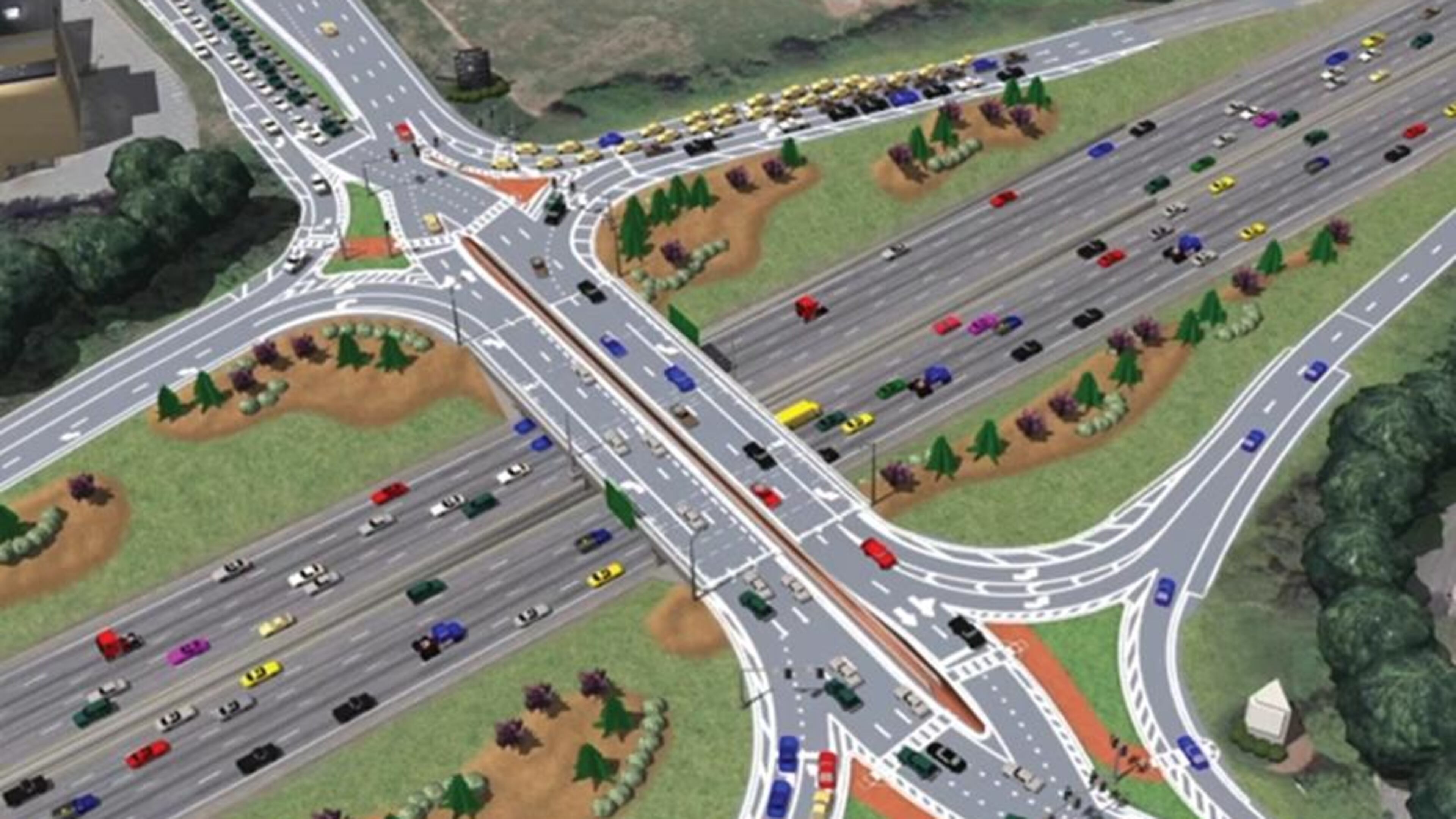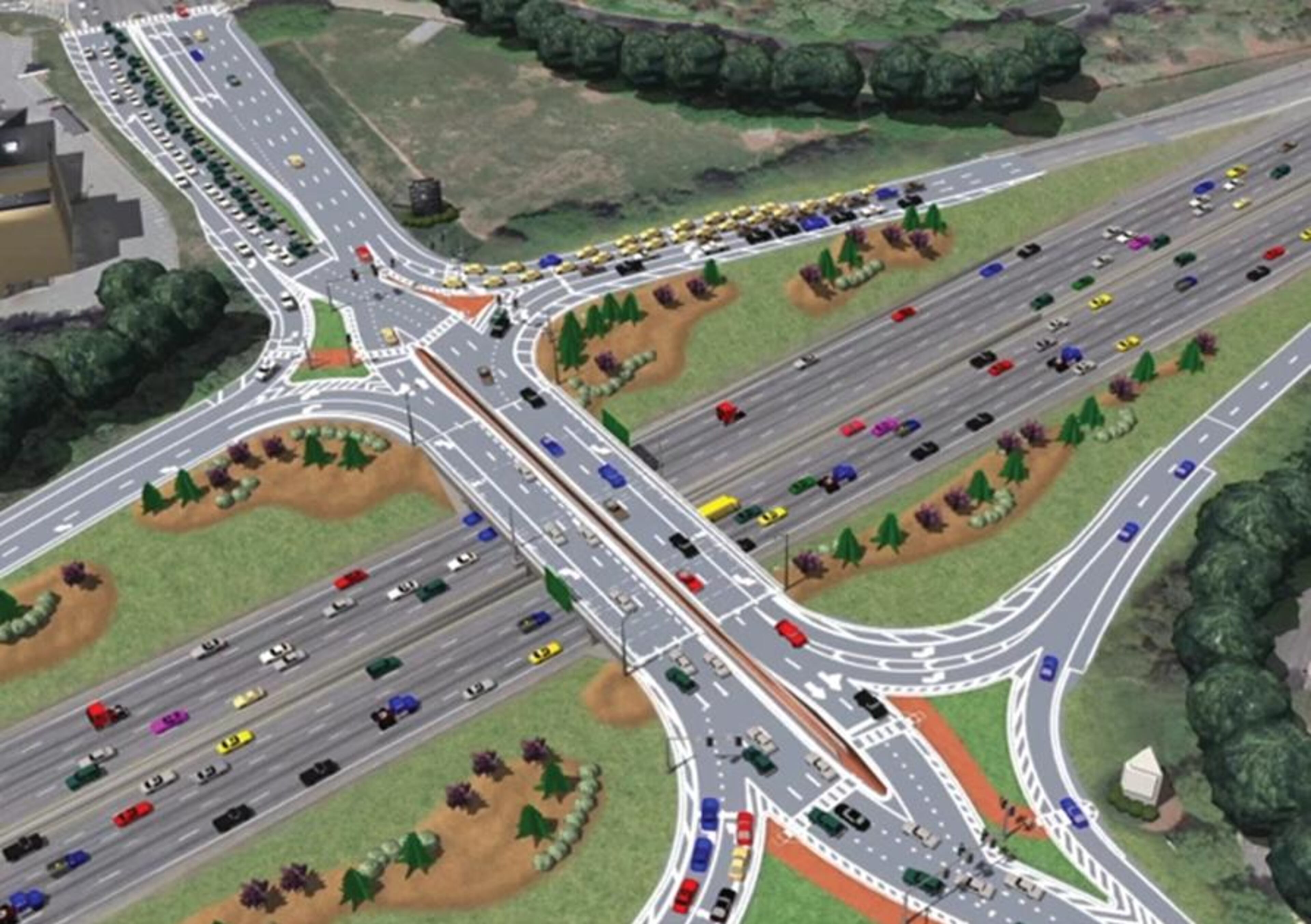Windy Hill Road will get worse before it gets better

Construction is set to begin this week on yet another diverging diamond interchange in metro Atlanta, this time on Windy Hill Road at I-75.
Commuters can expect traffic tie-ups for the next year as crews work to reconfigure the interchange.
The corridor is already a rush hour nightmare. Traffic has steadily increased along Windy Hill Road since the mid 1980s, thanks to a steady surge in population and business development that has brought a corresponding influx of cars.
However, after the project is finished in the spring of 2017, traffic engineers predict that drivers will save time and avoid wrecks. The interchange is seemingly a magnet for vehicle collisions - it has double the statewide injury rate and triple the statewide crash rate.
The DDI is one of five major projects worth a total of $48 million to be constructed along a 1.95 mile stretch of Windy Hill Road from Cobb Parkway (US-41) to just past Powers Ferry Road. The projects involve widening roads, adding medians and relocating and replacing sidewalks.
Cobb DOT has warned commuters that multiple lane closures along the route will cause severe traffic congestion and delays. Motorists are advised to plan accordingly or find alternate routes if possible. Updated information about construction impacts is available on the county DOT's website.
The concept of diverging diamond interchanges was introduced in the 1970s in France, but the first DDI in the United States was not built until 2009 in Springfield, Mo.

In metro Atlanta, several examples are in place on Ashford-Dunwoody Road at I-285 (the first to be built in 2012); Pleasant Hill Road and I-85; and Jimmy Carter Boulevard and I-85.
Yet another is planned for I-285 at Camp Creek Parkway.
DDIs are cost effective because they can be constructed using an existing bridge overpass. Traditional construction of an overpass would have taken longer than two years, said Jim Wilgus, interim director of the Cobb County Department of Transportation.
“A DDI basically eliminates the need for a left turn signal,” said Wilgus in a press release. “Eliminating that extra point of conflict eliminates traffic holdups and potentially serious crashes.”
The I-75/Windy Hill DDI is funded through a variety of sources including a 2011 Special Purpose Local Option Sales Tax (SPLOST), Georgia Department of Transportation, Cumberland Community Improvement District, Federal Highway Administration and the State Road and Tollway Authority.
